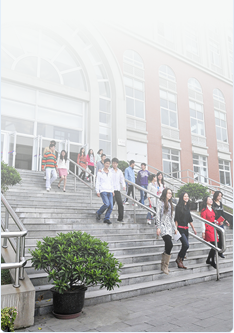Time: 8 August 2018 (Wednesday)
Location: Room 211, Wentian Building
Title: Detecting Transiting Exoplanets and Characterising their Atmospheres
Abstract: In this talk, I will give an overview of the methods used to detect exoplanets, with a focus on the wide range of information that can be gathered from exoplanet transits. I will talk about my own work, searching for hot Jupiters as part of the Wide-Field Search for Planets (WASP) project, and now Neptune-sized planets with the Next-Generation Transit Survey (NGTS). I will also talk about work aiming to measure the composition of the planetary atmospheres of using transmission spectroscopy. I will show how transmission spectroscopy also allows us to detect mass loss from planetary atmospheres, and I will discuss how this mass loss is driven by X-ray irradiation of the planet by its parent star. Finally, I will reflect on how the irradiation of planetary atmospheres may influence their habitability, including showing some giant stellar flares detected recently with our NGTS project.
Reporter:
Prof. Peter Wheatley is full Professor at the University of Warwick, UK. He obtained the Bachelor of Science (BSc) degree in Physics with Astrophysics at the University of Leicester, UK, in 1989; and gained a PhD in the X-Ray and Observational Astronomy group (XROA) in the Department of Physics and Astronomy in 1994. From 2000, he started to work in the field of exoplanets. He initiated the Next-Generation Transit Survey (NGTS), which operates an array of 12 telescopes in Chile searching for Neptune-sized transiting exoplanets. He is principle investigator of NGTS and he chairs the NGTS Board. To date he has published 164 refereed papers, including three in Nature.

